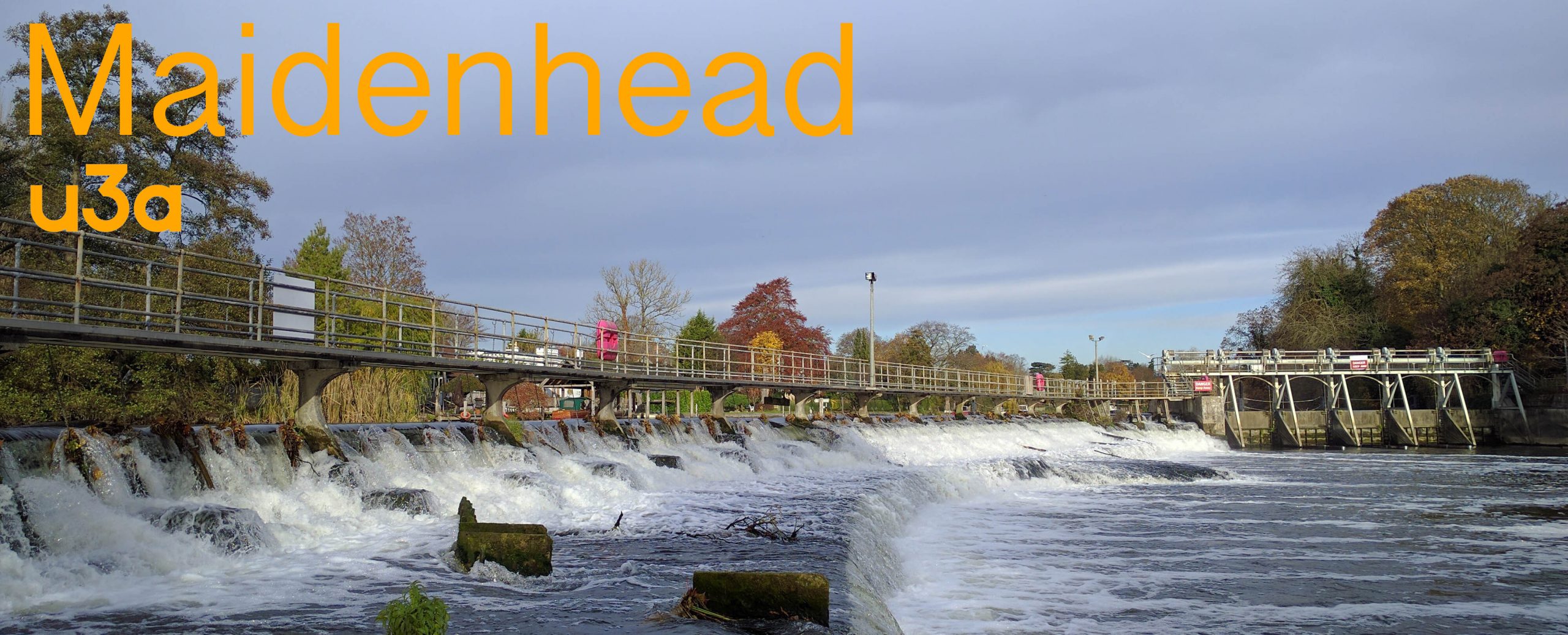The subject of economist and businessman Neil Record’s talk was the push for Net Zero by 2050, i.e. the reduction of carbon emissions into the atmosphere so that the balance of emissions and absorption is zero. Neil Record accepted that global temperature has risen by 1̊ deg. C. since 1850 and that the burning of fuels by man has raised the level of carbon dioxide in the air. He showed charts demonstrating that global temperature rises since 1850 correlated closely with the rise in CO2 levels.
He noted that some people claim that strong positive CO2 feedback warming loops could create an out-of-control loop with catastrophic consequences and therefore wes hould be aiming for net zero emissions. Others argue that water vapour is a much stronger greenhouse gas which outweighs the effect of CO2. Sceptics about warming claim that Net Zero is both implausible and prohibitively expensive. In Record’s view, the Climate Change ‘Crisis’ scenario has been created by politicians, who don’t understand the science. Whereas higher global temperatures and CO2 levels havebeen labelled ‘bad’, he observed that they can spur plant growth, potentially greening under-productive parts of the earth.
Higher temperatures have been associated with extreme weather events, but the Intergovernmental Panel on Climate Change (IPCC) does not support this view. There will be no more floods, droughts, heat waves and deep freezes than before.
Turning to the UK, The Climate Change Act passed in 2008 introduced a legal framework for controlling emissions. The UK has reduced CO2 emissions by 46%since 1990 mainly by losing energy intensive industries and replacing coal with gas, with a modest contribution from renewable energy sources such as wind and solar. The Net Zero policy envisages that major users of energy (space heating and transport) will replace fossil fuels with electricity, largely to be powered by renewables. This will be supported by Carbon Capture and Storage (CCS), and by carbon taxes and public subsidies for renewables.
The significant problems with renewables are that solar and wind are only intermittent suppliers and cannot respond to changes in demand, nor can electricity be stored economically or even at all on the industrial scale required if demand fluctuations are to be absorbed. Nuclear power has a role to play, but is very expensive and slow to build.
Neil Record believes that gas and nuclear are better solutions that the alternatives; seeking Net Zero will decimate heavy industry and impoverish the country. At the sametime, it will be pointless as the UK’s CO2 emissions are dwarfed by those of the USA and China whose annual increase alone is more than the whole of the UK’s CO2 output.
Neil was greeted by a healthy round of questions from an attentive audience at the end of his talk.
